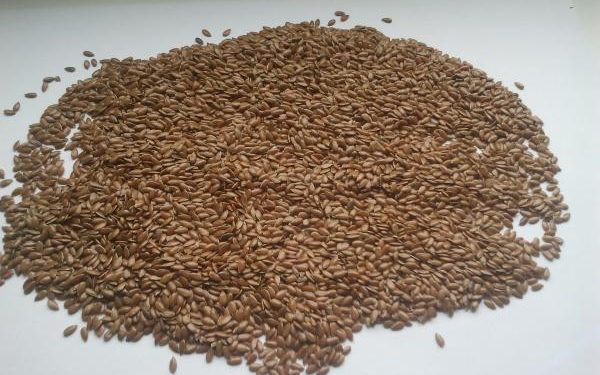#Russianagriculture #domesticseeds #greenhousecomplexes #foodsecurity #subsidies #foreignmarkets
Russia’s agriculture is seeking ways to increase its productivity and reduce its reliance on foreign markets. One solution is to reduce the country’s dependence on foreign seeds, which is a significant contributor to the high production cost. The head of the Russian National Association of Fruit and Vegetable Producers, Sergey Korolev, has called for the use of domestic seeds. He argues that this will boost the production of vegetables and fruits while reducing the cost of farming. This article explores the benefits of using local seeds in Russian greenhouse complexes and the challenges involved.
According to a report by the Russian Ministry of Agriculture, the country’s market share of domestic seeds is less than 20%, which is much lower than the 75% target set for 2030. In contrast, foreign companies dominate the market, with Dutch seed companies accounting for up to 80% of vegetable seed imports. To address this issue, the head of the Russian National Association of Fruit and Vegetable Producers, Sergey Korolev, called for subsidies to only be granted to greenhouse complexes that use local seeds. He pointed out that Dutch companies receive subsidies on seed sales, which Russian seed companies lack. In addition, buying foreign seeds supports foreign science, not domestic research.
However, implementing such a policy is not without challenges. Firstly, the quality of domestic seeds must be high to ensure that they can compete with foreign seeds. Secondly, greenhouse complexes will need to transition gradually, which requires a change in mindset, funding, and investment. Thirdly, the implementation of quotas on the importation of foreign hybrids can cause a backlash and potential economic losses.
Despite these challenges, there are several benefits to using domestic seeds. Domestic seeds are well-suited to the Russian climate and can, therefore, lead to better yields and quality crops. Moreover, using local seeds can contribute to the development of local research and innovation. Finally, using domestic seeds can reduce Russia’s reliance on foreign markets and, in turn, enhance food security.
Reducing Russia’s dependence on foreign markets by using domestic seeds is a step towards increasing local production and achieving food security. Though the transition will require investment, time, and change in mindset, the long-term benefits are significant. With government support and the cooperation of greenhouse complexes, the country can increase its domestic seed market share and improve its agriculture sector.










